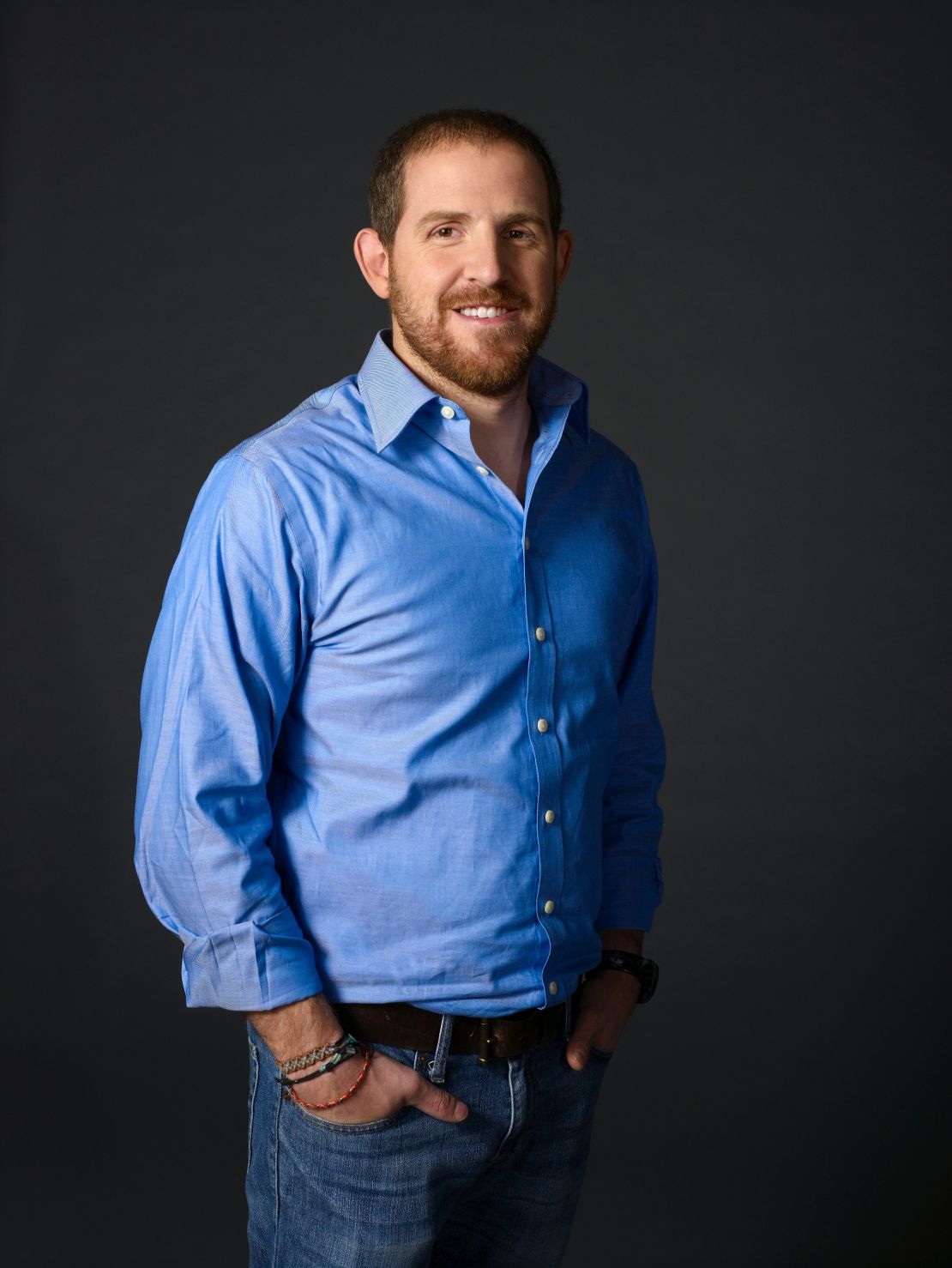Editor’s Note: Each week in “Apparently This Matters,” CNN’s Jarrett Bellini applies his warped sensibilities to trending topics in social media and random items of interest on the Web.
Story highlights
Michigan State University study says only 5% of people properly wash their hands
The CDC recommends 15 seconds of scrubbing with soap
New technologies are helping workers in the food and health care industries
George Carlin once said, “I don’t automatically wash my hands every time I go to the bathroom. You know when I wash my hands? When I s**t on them.”
A few years before he passed away, I actually had a chance to shake George’s unwashed hand. And while I certainly don’t regret getting to meet the man, I am, now, slightly concerned with whether or not I immediately enjoyed any post-introduction Doritos.
That cheese residue on your fingers – it’s so good.

Of course, George’s hands were probably just as unclean as anybody else’s, considering only 5% of us actually wash properly in the first place, according to a new trending study from Michigan State University.
Mind you, this startling statistic is not to suggest that the other 95% of us simply stare at a bar of soap, silently drool a little, and then wear it as a hat. For the most part we all get the general concept of soap.
But what it really means is that many people don’t actually wash for long enough to kill infectious germs. According to the Centers for Disease Control and Prevention, one must spend at least 15 seconds scrubbing with soap and water to effectively clean away the disgusting remnants of whatever the hell it was you just picked off your thigh.
“Give it to me straight, Doc. Is it cancer?”
“It’s a Skittle.”
Fifteen seconds of washing doesn’t sound like much, but it is. Seriously. Try doing anything for that long, like reading or helping others. It’s damn near impossible.
In fact, right now I want you to start mock-washing your hands while counting up. I promise you’ll start feeling silly by the time you get to seven. Which is only halfway, and a full second longer than the average wash, which lasts six seconds.
Yet, a solid 15-Mississippi is what’s required of us so we don’t go around town dirty and diseased, recklessly giving each other burning sensations.
That’s what Bangkok is for. I saw that “Hangover” sequel.
So, to find out all this gross and unfortunate information, Michigan State University researchers stealthily observed 3,749 people in public restrooms. Which I’m sure wasn’t at all creepy.
“What? You don’t take a camping chair to public bathrooms?”
In addition to discovering that most of us fail to wash properly – especially men – they also learned that 33% of people don’t use soap, and 10% didn’t even bother to wash at all.
And, sadly, there’s a pretty good chance one of those individuals just made your sandwich. And by “made” I mean smothered it in little tiny particles of human filth.
Carl Borchgrevink, professor of hospitality business and lead investigator in the study, noted that, “These findings were surprising to us because past research suggested that proper hand washing is occurring at a much higher rate.”
So, it seems we’ve gotten lazy.
Which is why some food and (especially) health care businesses are turning to technology. The basic message: You’re all dirty and gross, so we’re bringing in robots.
For example, there’s CloudClean which issues food service employees an ID badge. When a server or cook walks into the restroom, a wall-mounted sensor notes the individual’s arrival. Another sensor is located on the soap dispenser.
If Suzie forgets to wash her hands – which is rather likely since she was probably only in there to smoke pot during her break – the ID badge will gently beep as a reminder.
Then, if Suzie completely fails to wash before leaving the room, the system automatically updates her Facebook status with embarrassing photos.
When it comes to punishment and public humiliation, CloudClean doesn’t mess around.
Actually, the system just notifies management that Suzie probably shouldn’t be on fish duty. But the other idea would definitely work, too.
Another similar system, Biovigil, also uses electronic badges. When a doctor or nurse enters a patient’s room, the badge reminds the individual to use sanitizer. Then, he or she holds a hand up to the badge which detects alcohol. If sanitizer has been used, the badge turns green so everyone knows. And all this is recorded in a central server.
It actually seems like a great system for busy and distracted health care workers, hopefully making germs one less thing to worry about.
As opposed to all those cancerous Skittles growing on your thigh.








